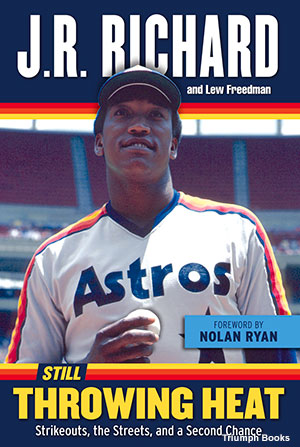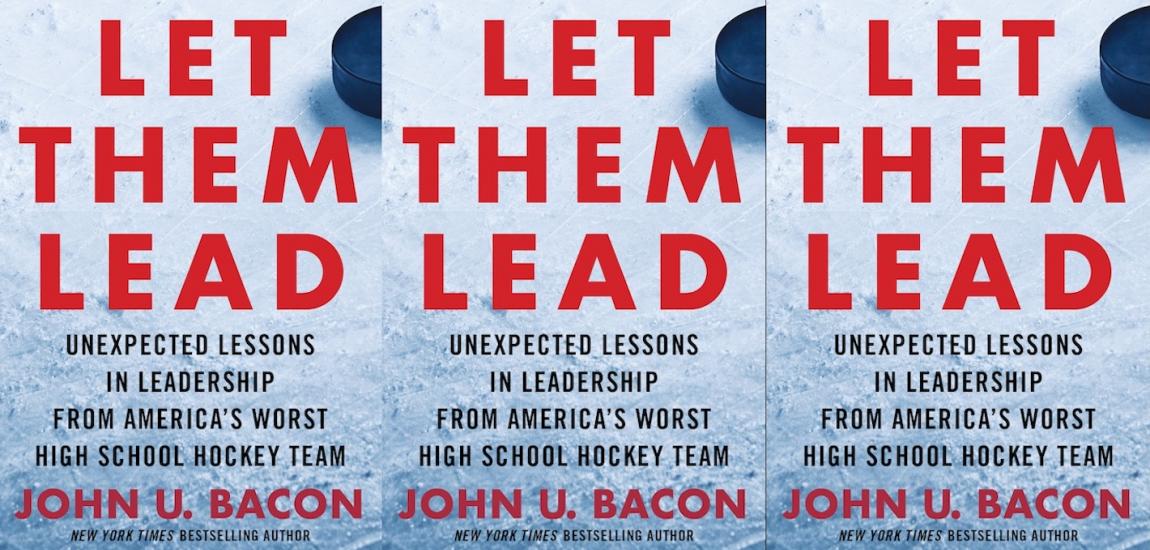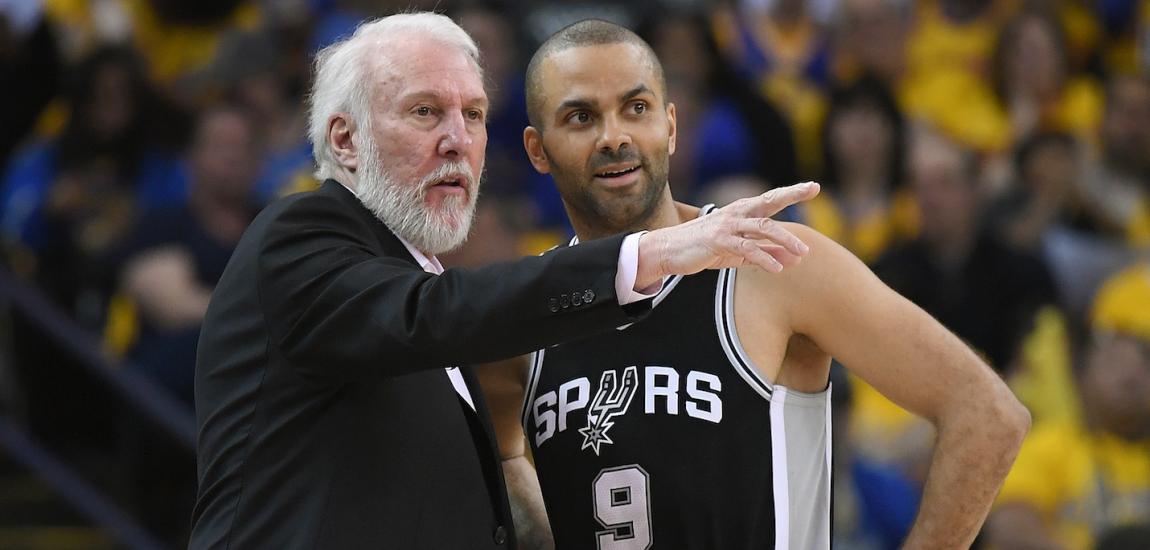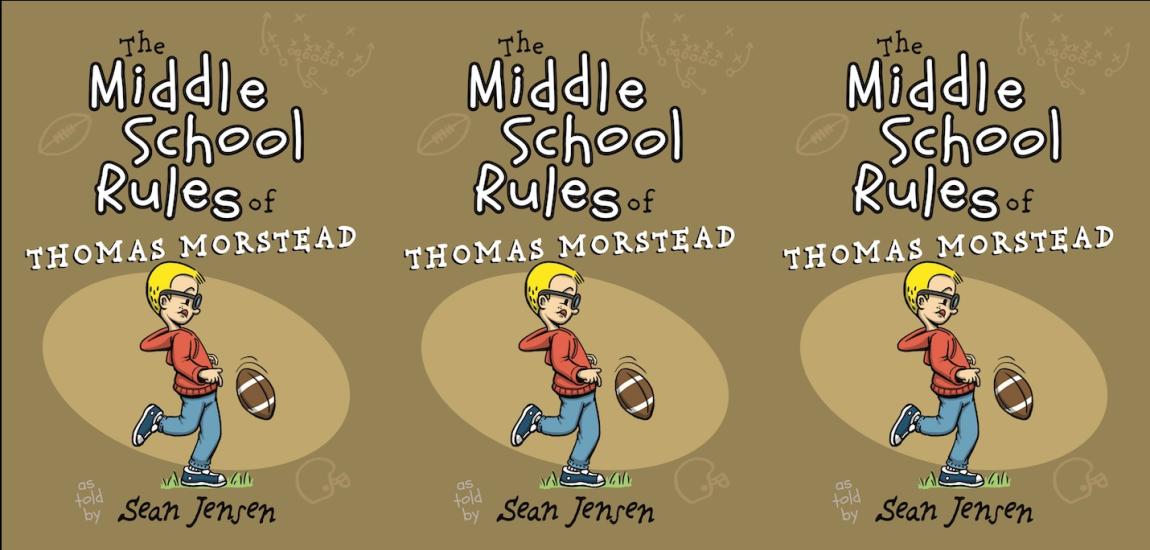J.R. Richard was at the top of his profession when he inexplicably began complaining of arm weakness in 1980. Initially scoffed at because he continued approaching 100 mph on the radar gun, Richard collapsed while playing catch with an Astros teammate -- later diagnosed as a life-threatening stroke. The shocking development ended Richard's major league career and set off a chain of events that led to the former All-Star being homeless by the mid-1990s. In Still Throwing Heat: Strikeouts, the Streets, and a Second Chance, written with Lew Freedman, Richard chronicles the abandonment by those he counted on after his stroke, the despair of losing everything, and his ultimate redemption and giving back to the community.
At the end of July and beginning of August, the Astros were on a long road trip out of town. They played in Philadelphia on July 30. I was inside the Astrodome doing a workout so I could be in some kind of shape when I came off the disabled list.
All of a sudden, I felt a high-pitched tone ringing in my left ear. And then I threw a couple of more pitches and became nauseated. A few minutes later, I threw a couple more pitches, then the feeling got so bad I was losing my equilibrium. I went down on the Astroturf. I had a headache, some confusion in my mind, and I felt weakness in my body. I didn't have knowledge of anything that was going on.
One official, who usually travels with the team, didn't go on the road. He was in the stadium looking down at me. I remember him coming over to me and saying, "J.R., are you all right? J.R., you all right?" I was lucky that someone was there who saw what happened.
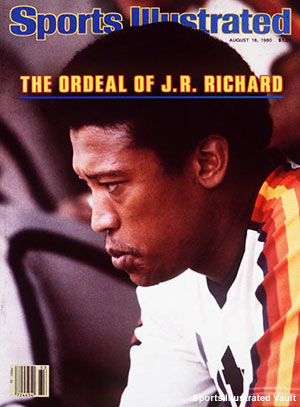
He ran into the clubhouse and then back out and put a cold towel on my forehead. He kept asking me if I was all right and I think I said, "What do you think?" I was still conscious then.
I was lying on the floor of the Astrodome and I knew an ambulance was on its way. Before I passed out, I had all kinds of things running through my mind, but the chief one was, What's wrong? What’s wrong? I couldn't even guess what had happened to me. In the years since, I’ve had a lot of people tell me they were at the game in the Astrodome when I fell down. There wasn’t anybody there because the team was out of town. I basically missed the ride to the hospital. It's weird how people think they remember something like that. When they come up to me and say they were at the game I go, "Oh, you were at that game? Really?" I just let them go ahead and talk about it as if there had been a game. I don't know how they perceive that.
I heard an ambulance coming down the Astrodome ramp. I heard a car door. The ambulance came onto the field, and the medics picked me up and put me in the ambulance. I passed out. The next thing I knew I was at the hospital and I definitely was not all right. All that time I had been saying there was something wrong, and people didn't act like they believed me. Eventually, I learned that I had three strokes. When I went to the hospital I had a 24-carat gold chain around my neck. It was a religious chain. I never saw it again.
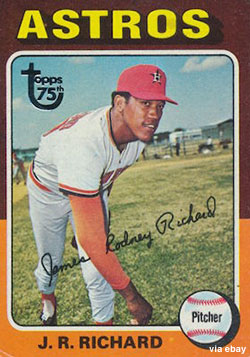
They did emergency surgery. I had a blood clot in my neck, on a blood vessel, I think. It was hard to understand, and I was woozy. The doctor told me that I was such a powerful pitcher that the muscles in my right shoulder had overdeveloped and were pressing against the ribs every time I threw. It caused an irritation, a blockage. I had a blockage 13 centimeters long. When they operated they took the blockage out of my arm -- they almost cut my arm completely off -- they cut into a rib and they took a vein from my stomach. They spliced two veins together in my arm and put a catheter in my stomach. The scar is right below my neck and near the shoulder blade. A blood clot had been lodged in my neck. It started cutting off the flow of blood to my brain.
To tell you the truth, at that point I wasn’t even sure that everybody was sorry about what happened. People had been talking about how I was lazy. This meant they were wrong, and there was something wrong with me all of that time as I had been saying. I was taking every turn in the rotation. I was pitching as well as I ever had, so I don't know why anyone would accuse me of being lazy. Some people gossiped, trying to find reasons why I felt out of sorts. There were some people who spread the word that I was jealous of Nolan Ryan because he had a bigger contract. Nolan even said that he wondered if those rumors were bothering me and stressing me out. Some said that it was all psychological, that it was in my head. People say anything they want to say. I knew something was wrong. They kept saying that nothing was wrong. Deep down in my heart, I knew something was wrong. At that moment I was just about the best pitcher in baseball. Why wouldn't I want to pitch? It made no sense. It was illogical. But I knew something wasn't right. Why should I argue the point with them?
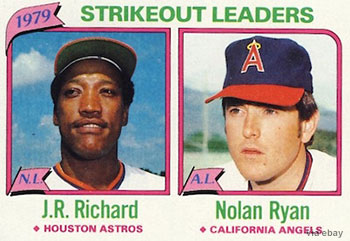
Even though I was putting up those great statistics, the one thing I was not doing was pitching as many complete games as I normally did. My arm would get fatigued and I could not stay in for nine innings. That wasn't me. I had made a career out of refusing to come out of games, out of pitching complete games. All of a sudden, I couldn't do it. The doctors explained why. I wasn't getting enough blood flow into my right arm. The circulation was off. I felt good in the All-Star Game and would like to have stayed in a little longer than two innings.
At that time sponsors were starting to see baseball players as celebrities and were thinking they could use players for marketing their products more. At the All-Star Game, people were throwing money at you and products. A shoe company said it would give you $5,000 to wear one of their shoes. I found $10,000 in my locker. I guess I was supposed to wear a pair. I was offered cash to wear a Nike glove. I was only going to pitch a couple of innings in my first All-Star Game so I didn't want to go out there with a new glove. I wasn't going to break in a new glove in two innings. I was afraid someone would hit a line drive back at me and I wouldn't be able to field it because I wasn't comfortable with my glove.
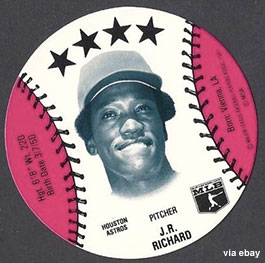
After the All-Star Game, I had a checkup in Los Angeles and then I had tests in Houston. What I have always wondered is how come if Houston is supposed to be one of the best medical centers in the world they couldn't treat me for a blood clot before I collapsed? Maybe you had to look for a blood clot to find a blood clot. But why send me home and not tell me to do anything for my health? Before that I saw Frank Jobe in California, and he couldn’t find anything wrong either.
After the first examination by Jobe, I tried to pitch one more time, against the Atlanta Braves. But I had to come out of the game after a few innings. You know how I hated that. Then there was all of this talk, "What's wrong with him?" I just didn't have a clue what was wrong until I keeled over and had the surgery. At one point the doctors told me that the blood pressure in my left arm was normal, but it was zero in my right arm. That was because of the lack of circulation.
When I was in the hospital, the doctors took CAT scans and said I had suffered three separate strokes. Even after the surgery, I had a lot of problems on my left side. That included my arm and leg and the left side of my face. I had some blurred vision in my left eye. They used some medical terminology to describe everything, calling it "extensive arterial thoracic outlet syndrome." That means there can be pressure on the nerves, arteries, and blood vessels, and it can produce a blood clot or stroke. The impact on my pitching as I went along was that I could still start out strong for a few innings and then my arm started to ache and feel heavy. That's how they interpreted it in retrospect and that’s what happened. That was before things got worse and I passed out.
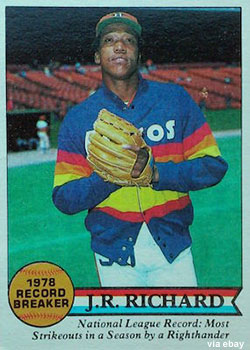
I never could understand how the Astros handled things. If I meant so much to the ballclub and I started saying I had problems and didn't feel right, why didn't they send me to a doctor right away? I think teams are more sensitive to those situations now, especially with pitchers. They would automatically take you out of the game and make sure you went to the doctor the next day just to be on the safe side. That would be the first thing they would do.
My friend, Enos Cabell, thought it was racial. He said something about African Americans always played with pain so they wouldn't lose their jobs. None of it made much sense, but that is a scenario. For a time I was looking for a good lawyer. I was ready to hire somebody. If I had hired an attorney, I would have told him, "Look at all this. Sue everybody." I would have walked away with $1 million.
You think that people care about you and your health and something like this happens, and it makes you wonder if they really do care all that much. In theory I was one of the most valuable assets the Astros had. I have no clue what they were thinking at all. During some of that time period, I thought the Astros just didn't give a damn about me.
After I was taken to the hospital and had the surgery and still had aftereffects of the stroke on my left side, some sportswriters wrote that it was a tragedy. No one could say right then, not the doctors or anyone else, if I would ever pitch for the Astros again. I had been worried for months and didn't understand what was happening to me. After I found out that I had something for real, and that it was not all in my head, that gave me a certain peace of mind. I mean, I didn't feel good. I was disappointed and upset and sick. But believe it or not, I didn't have any fear about anything. I was never afraid.

I always believed in God, my Father upstairs, so I didn't have any worries. I believed and felt God had my back. I said, "It is what it is." The reason I said that was the philosophy of "Why worry about something that you cannot control?" I know I am not in control of anything. We're just passing through this life. It wasn't my fault. I wasn't going to beat myself up. I was still alive. I thought that whatever it was that was wrong with me, even after the stroke, if I gave it enough time -- I didn’t care what it was -- I would get better. What I hated hearing was that I wouldn't be able to pitch anymore. I felt awful about that. I wasn't convinced that was true, but I didn't like hearing it.
That made me feel terrible. I couldn’t pitch anymore? I was depressed enough about what happened, but the idea that I couldn't pitch anymore depressed me even more. Even when I got out of the hospital, I didn't want to do anything. I sat on my duff all day long. I was worried about the unknown, what was wrong with me. I didn’t know anything about strokes. Who thinks about strokes when they are 30 years old and in top athletic shape? I was in top condition for my job as a pitcher. What could possibly go wrong? I was a big guy and weighed 240 pounds, but I had three percent body fat. I was strong and healthy. At that point in my career, I was probably the best pitcher in baseball. I thought I was invulnerable. I'm the only guy in the world who could throw a ball through a car wash and not get it wet.

Obviously, I had felt something was wrong for a long time, for weeks. But I certainly had no inkling that I was going to have a stroke. A stroke? You know before every season starts they were giving the players physicals. Let me ask you this question. If I was supposed to have a physical, what kind of a physical were they giving me? Why wouldn't my symptoms come up in a physical? Nothing is perfect, and I know guys have physicals and then go out and have a heart attack the next day, but it makes you wonder if it was a thorough physical. They told me the blood clot had been there for some time. It wasn't something that came on overnight.
You know how those sports physicals work. You go into the doctor’s office, and they grab your balls and tell you to cough a couple of times. They say you're okay. They ask if you have any aches and pains, and you say you don't have any. They say you're okay. That’s supposed to be your physical. It should be changed and improved. They should do all kinds of things to test you and check you out that take two or three days. They should check your arteries. They should give you an EKG. They should be more thorough.

For the most part, I wasn't sick. I didn’t have a lot of symptoms that I could point to showing there was something major going wrong. What was wrong was inside me, and I didn't feel great. I didn’t think there was something major going on. But there were clues that there was a problem. I had that numbness in my fingers. I kept getting spots, blood spots, at the end of a finger. They appeared like freckles. I kept telling people about the numbness. "This ain't right. Something ain't right. Things don't feel right." And I was told, "You're okay. Go pitch." I came up against that kind of attitude. I was the one trying to figure out what the heck was wrong with me because it was out of the norm. All of a sudden, I didn't have the stamina to pitch a complete game. But I didn't want to walk away from anything. I wanted to get well and I wanted to pitch. I always figured I was going to pitch again.
-- Excerpted by permission from Still Throwing Heat: Strikeouts, the Streets, and a Second Chance by J.R. Richard and Lew Freedman. Copyright (c) 2015. Published by Triumph Books. All rights reserved. No part of this excerpt may be reproduced or reprinted without permission in writing from the publisher. Available for purchase from the publisher, Amazon, Barnes & Noble and iTunes.

